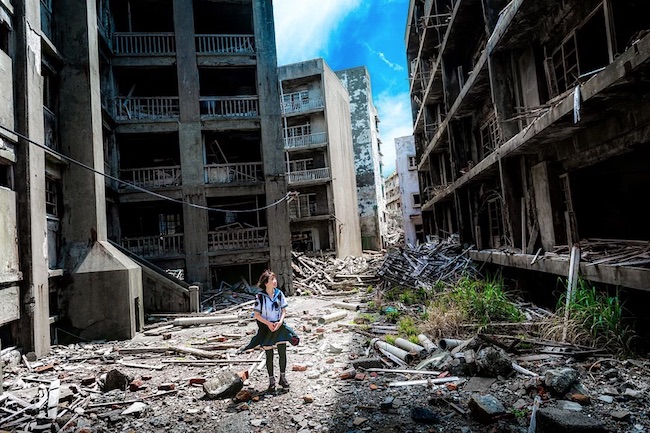‘America Lost’ Documentary Explores How Families Overcome Cycles of Poverty By Josh Shepherd for The Federalist
Five years in the making, ‘America Lost’ offers perspective on the decline of once-thriving U.S. communities — and how they might find rebirth.
Bursting into their small home kitchen in Memphis, Tenn., the ten-year-old girl found her mom cooking. Her observation came out of the blue: “Mama, you need a husband.”
Contrina Luckett, today age 41, spoke in a phone interview and recounted this conversation from four years ago. “Who’s talking about me? Who told you to tell me that?” she recalled her sharp response. “For my child to say that, it was like salt on a wound.”
Yet her daughter had uttered the remark innocently. “I’m just saying it because of my grandparents,” said the girl, recently back from visiting one of few married couples in her life. “Grandma takes care of Granddaddy, and Granddaddy takes care of her. Mama, that’s what you need.”
A mother of two and a small business owner, Luckett has overcome many barriers to succeed and inspire those around her. She grew up in a public housing project in Memphis. Her father was incarcerated for much of her early life. Both men who fathered her daughters have spent time behind bars. And, in recent years, her previously unexplained health issues were diagnosed as multiple sclerosis.
Her story is one of several vignettes about family, poverty, and economic upheaval presented in the documentary film “America Lost,” which airs nationwide on PBS World Channel on October 27. Director Chris Rufo, a research fellow at the Discovery Institute, told me that “Contrina is the most inspiring person that I met” during his years working on the film.
“It would break many, many people to fight those circumstances,” said Rufo in a phone interview. “Despite all these obstacles, she has a remarkable way of always trying to improve her life and an unbelievable conviction for helping her two daughters.”
The documentary presents a holistic picture of a changing America through accounts of three different cities. In the southern city of Memphis, black families work to better their children’s lives despite trends in inner-city neighborhoods. Closed steel mills define the Rust Belt landscape of Youngstown, Ohio, with a predominantly white working class. Finally, Rufo journeyed to Stockton, California, an area where Latino culture reflects the majority.
Initially, he planned to film for only a year and come away learning what policy decisions could be improved. “But that missed a deeper dynamic,” said Rufo. “Because the problems that plague America’s poorest cities are no longer just economic or political. They’re social, cultural, and personal in nature.”
Master Chef Beats the Odds
During our call, Luckett juggled preparing meals for her loyal take-out lunch crowd and checking in on her teenage daughter busy with virtual learning. She said the last thing she is looking for is pity, especially regarding her medical diagnosis.




